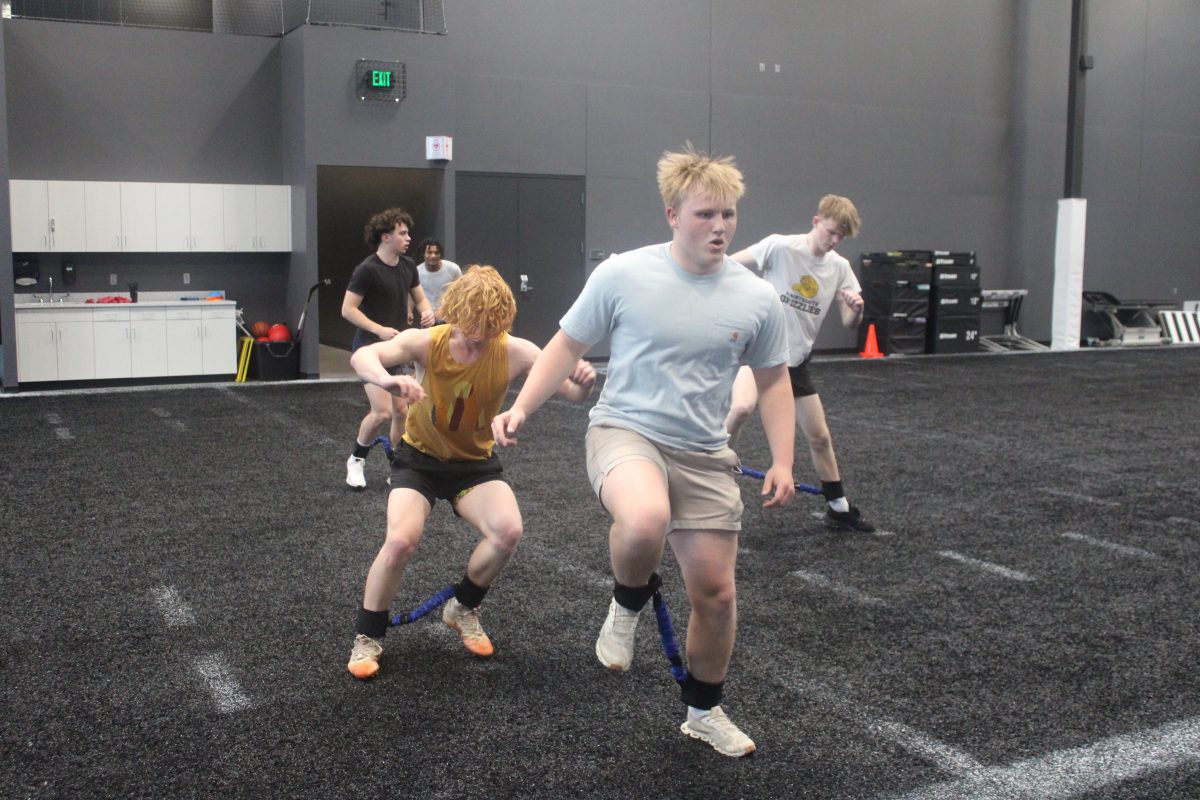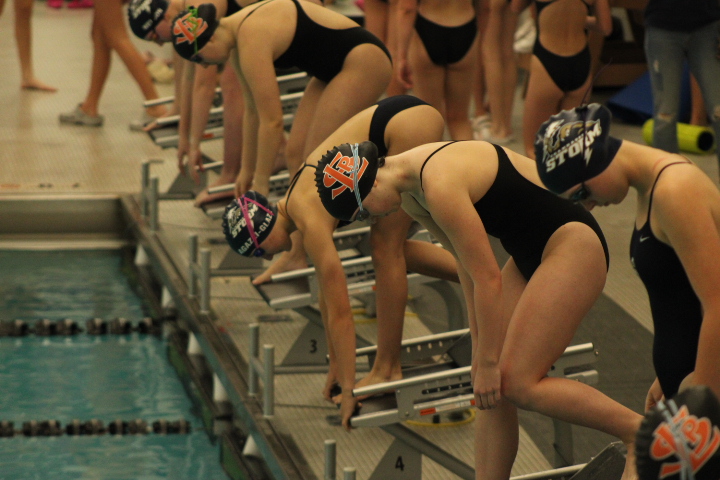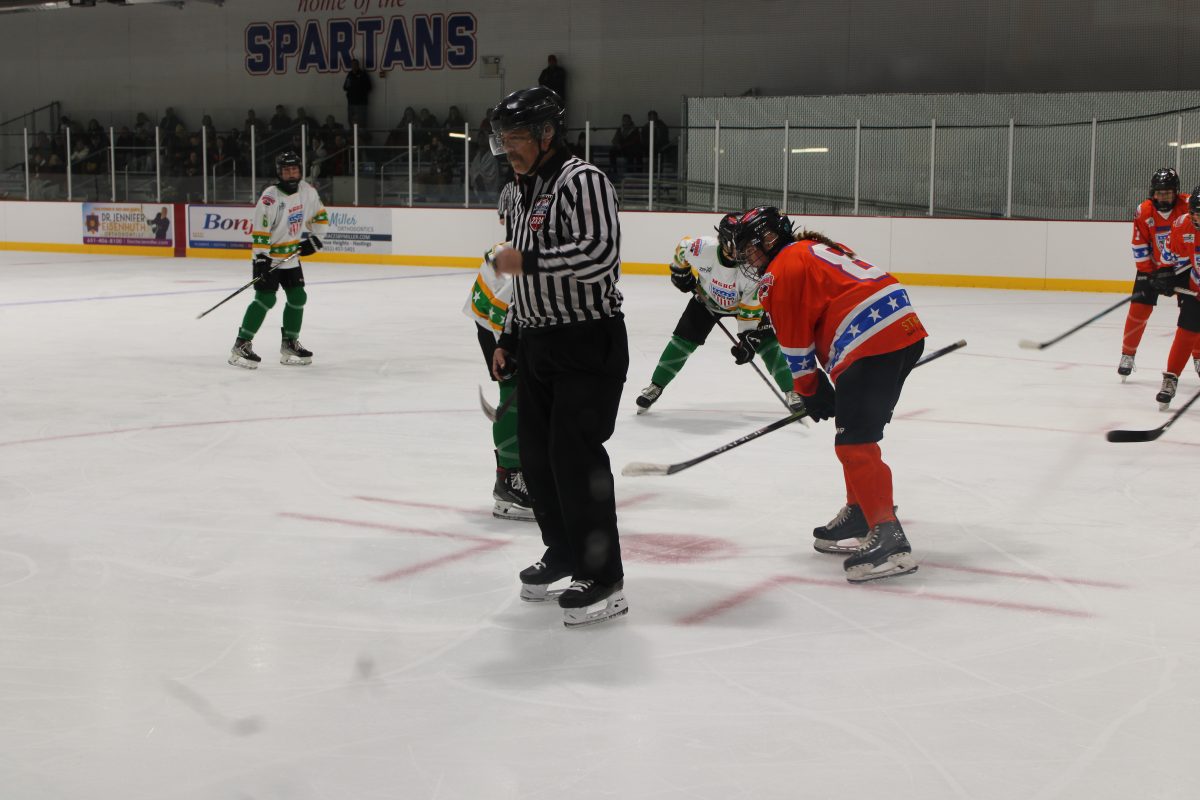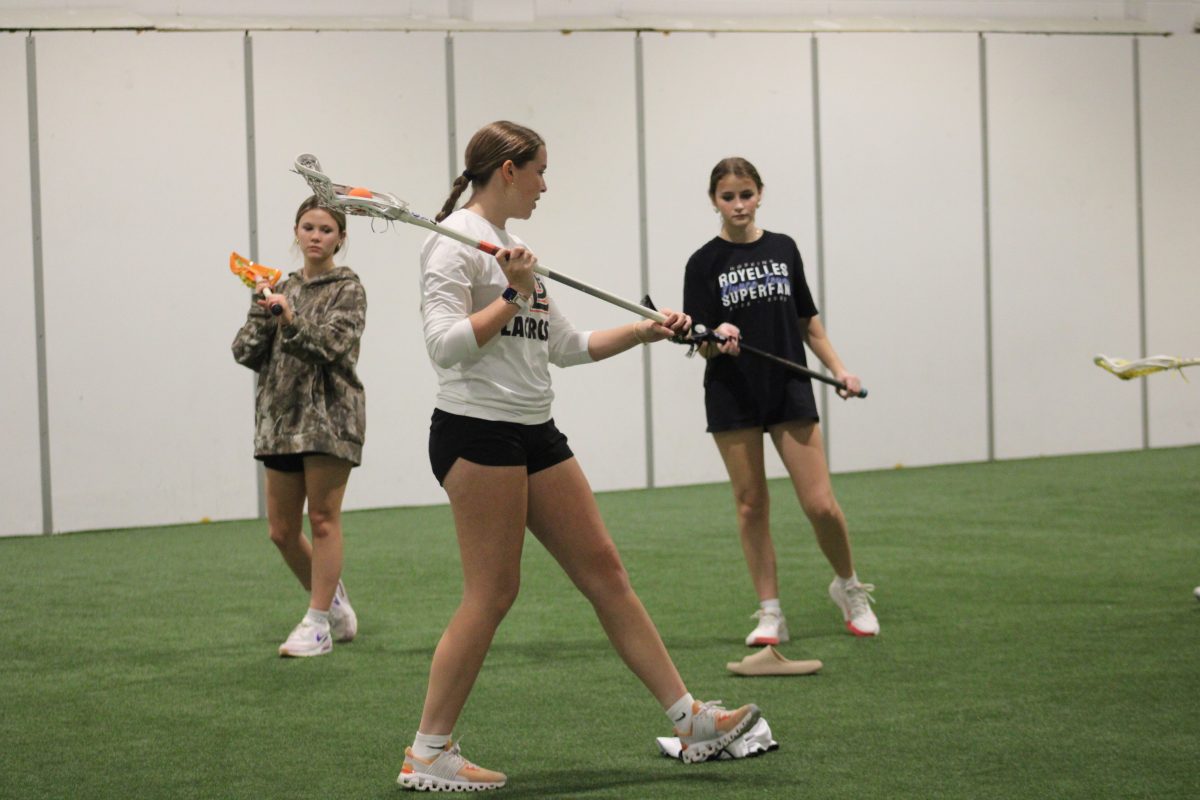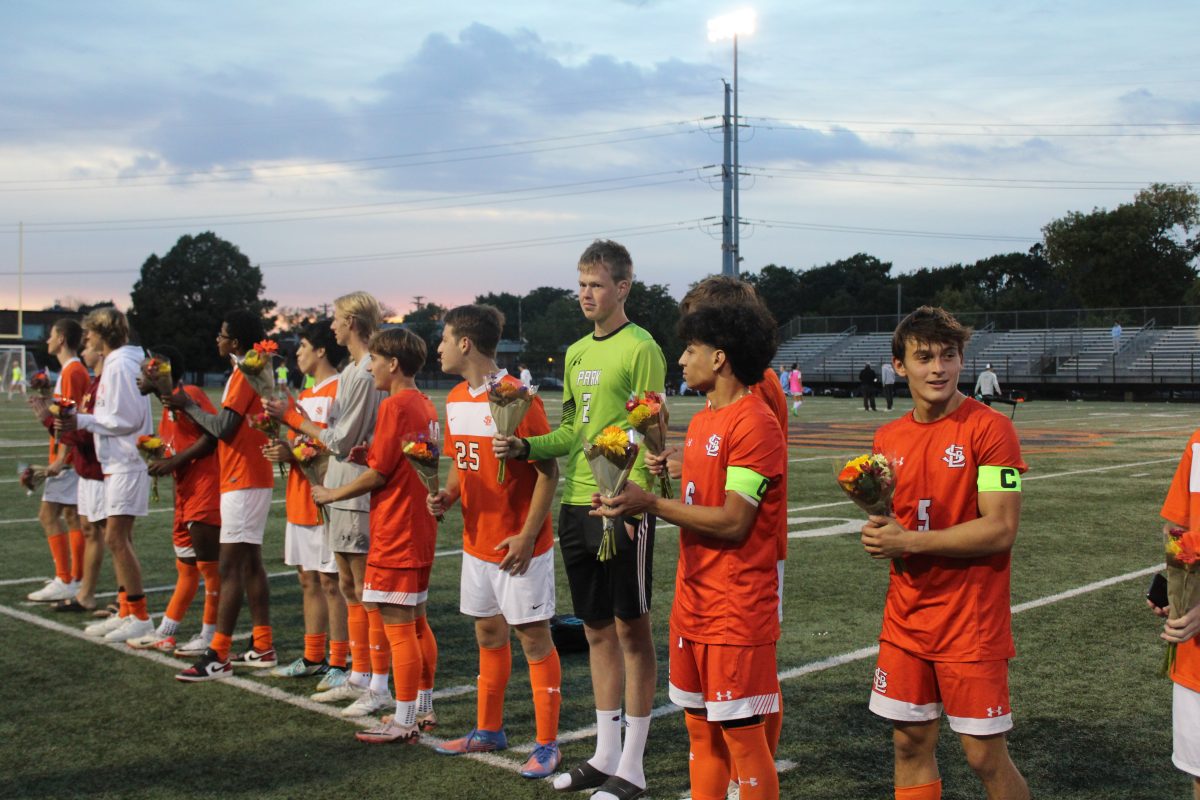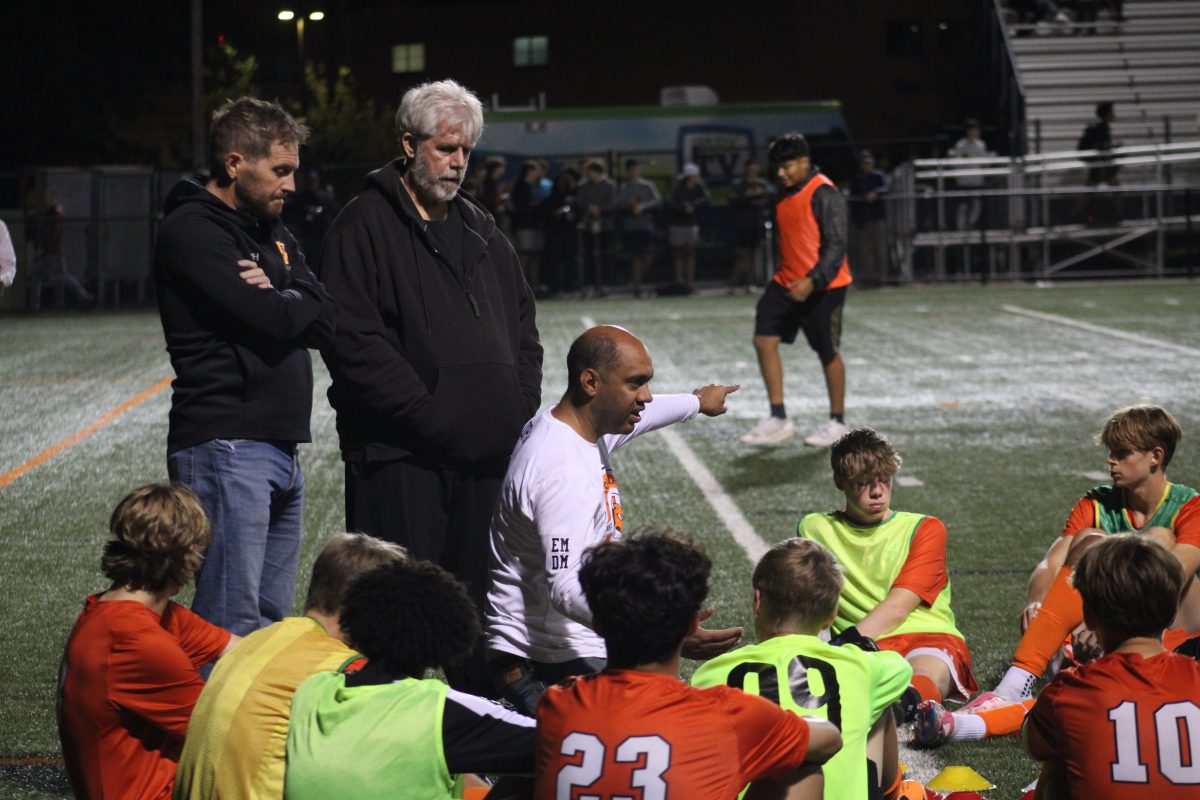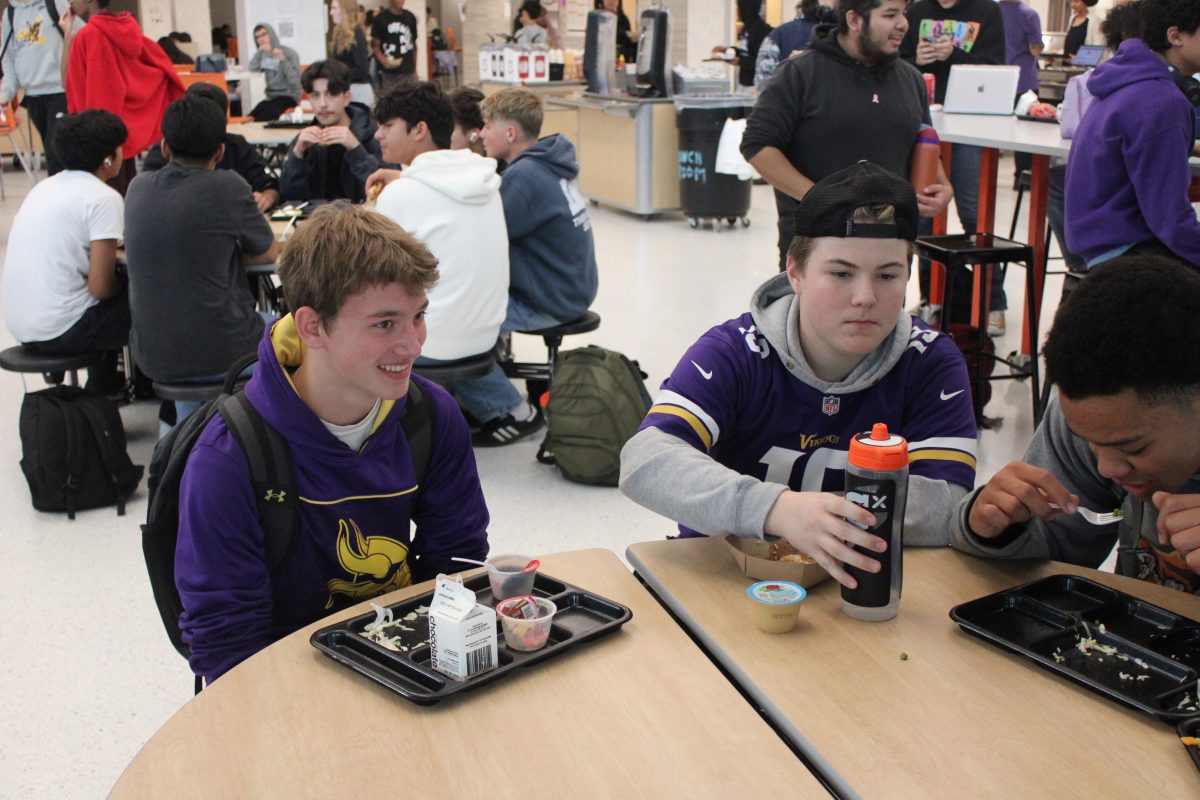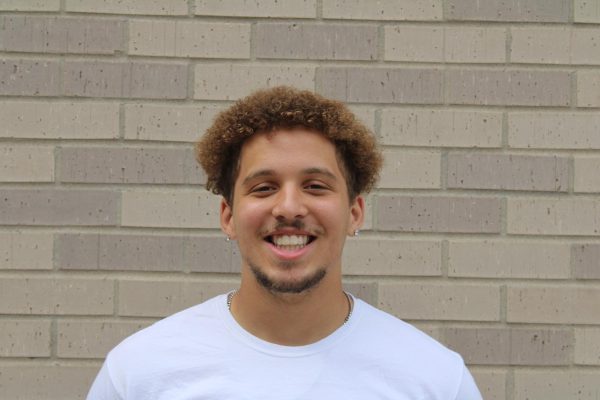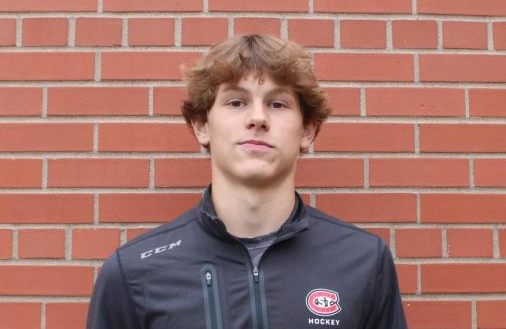Many of Park’s students are also athletes. When student athletes aren’t in sports, many take advantage of the “off-season” and find more things to do in their free time like work or hang out with friends. However, many athletes who want to get better continue to work out and train for their sports during the off-season. Each athlete has their own routine that they resort to for training, whether it be simple weightlifting or joining a club team for their sport. Additionally, there are many facilities and gyms that promote athletic training to help athletes better themselves in the off-season. Many people go to commercial gyms like LA Fitness or LifeTime, or even training programs like the brand new Gameface training that was just built here in Park. We even have a great lifting program in our weightroom that lasts the whole year.
Junior softball player Eva Taybior said she has practice year ‘round for softball, whether it be for the school team or her club team, Midwest Speed.
“I’m in softball and I do it all year round. Our off-season is from about November to February and we practice in domes,” Taybior said. “It’s on turf, and it’s hitting practices, fielding practices, we can basically do everything we do outside except it’s in a more condensed space.”
Sophomore basketball and football player Ryan Oleisky said he participates in multiple forms of off-season workouts. He has an AAU basketball team that he plays for and also trains at Gameface and Park weightlifting.
“I play football and basketball during the fall and winter. I do have breaks between spring and summer over which I’m doing training and playing offseason ball and everything but that’s about it, but it requires year round training,” Oleisky said. “I go to places that help better me, like Gameface and the weightroom. I try to stay active.”
Taybior said she has multiple training sessions she has to pay for, and it begins to add up over time.
“It’s pretty expensive,” Taybior said. “Midwest speed is the name of the program, and there’s a monthly charge for all of the training. That doesn’t even include the extra training I get outside with private hitting lessons. It is pretty costly.”
According to Oleisky, the price tag on high level training in the off-season is worth it when it all comes down to it.
“It’s $150 and I get the spring and summer and it is 100% worth it, it’s a great deal,” Oleisky said. “It’s mandatory if you want to get better.”
According to Park’s strength coach, Jessica Gust, cost shouldn’t determine how well an athlete benefits from offseason training.
“There’s a lot of places that offer really expensive training, really expensive teams, really expensive camps and all of that stuff where the return on the investment is not necessarily reflective of the cost of whatever they’re paying,” Gust said. “There are a lot of people in the world of youth athletics that are trying to make a lot of money off of the process of promising kids that they can make them better.”
According to Taybior, she trains because she wants to start her next season better than how she ended her last.
“Offseason training helps the transition back into the season go a lot smoother, because I’m not as rusty. I’ve been improving all offseason (and) I go back feeling stronger,” Taybior said.
Oleisky said extra training helps teach athletes discipline as well as bring the teams closer together when it comes time for the actual season.
“It does make the team better. It’s a great bonding experience and it makes us better athletes,” Oleisky said. “It helps me keep good habits and prepares me for the season.”
According to Gust, as a coach she sees and notices big differences in athletes that consistently train in the off-season and those that don’t when the season rolls around.
“Athletes that don’t do a lot of offseason work are typically in a lot of pain in the first three weeks of their season, and typically show up to the season where they showed up at the beginning of the season last time. Any improvement that they made during the season goes away over the year,” Gust said. “Kids that do offseason training typically have a lower rate of injury and recover quicker from injuries that they do get. People who do offseason training are better prepared for their season and tend to reach their goals faster.”



